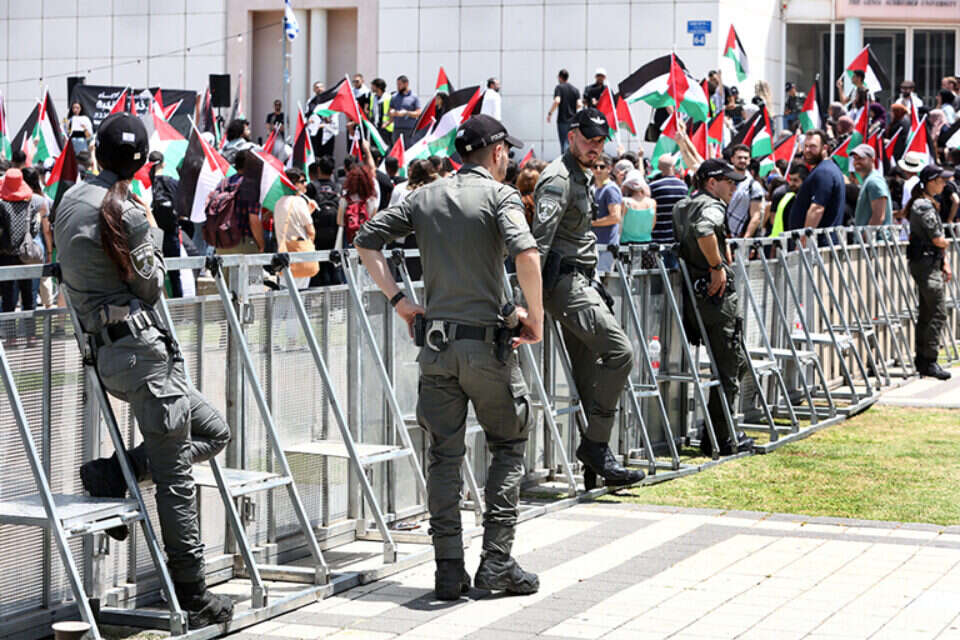With considerable delay, due to the war, the academic year began at the universities. Even in fear and great tension between Jewish and Arab students, who study on the same campuses and in the same departments and classes, and perhaps on the same bench.
From the beginning of the war, university administrations made sure to issue press releases about the submission of students, mainly Arabs, to disciplinary committees for "expressing support for the enemy in time of war." This is due to their opposition to the war mainly on social media.
Academia, the place that prides itself on freedom of expression, individual freedom and tolerance, became a thought police and sentenced others without a real examination of the suspicions against them, and the proof is that most of the proceedings against the students were canceled after the students' responses to the universities' claims were submitted. Moreover, the vast majority of police investigations ended with the files closed.
At the beginning of the war, and a few days before the start of the school year, university heads and administrations rushed to align themselves with political elements and interested parties, who collected materials mainly from social networks and the period before the war, collected publications that had no direct connection to support for Hamas or had been misinterpreted. In some cases, this has reached the point of demanding that some Arab students be expelled from campuses.
Subsequently, the wave was directed against some of the lecturers who dared to speak out and express their principled positions against the war, as South Korea, Syria and Iran do.
The academic institutions in Israel, which have been working for more than a decade to integrate Arab students following reports by various organizations around the world on the minority of Arab students on campuses in Israel and have operated successfully so far, seemed to persecute those who expressed a different view than the prevailing one.
It is possible to oppose the war, it still does not mean that the student supports Hamas. A survey conducted among some 800 Arab students on the eve of the start of the school year revealed harsh and worrying data about Arab students at universities.
At the beginning of the war, and a few days before the start of the school year, the heads of the universities and their administrations rushed to align themselves with political elements and interested parties, who collected materials mainly from social networks and the period before the war
For example, 90 per cent said the war had affected them mentally and financially, 80 per cent did not feel safe walking around campuses, and 70 per cent said they felt constantly monitored. Some 76 per cent said that the university administration would not act to protect them if an incident occurred on campus, and about 50 per cent of students were thinking of leaving school at their academic institution. About 90 per cent say the student union does not represent them.
The many students in a survey conducted by the Arab Emergency Forum express concern about the phenomenon of carrying weapons on campuses and in classrooms, many of whom worry that any event at any university could lead to confrontation and the use of weapons. Some students even claim that some lecturers carry weapons that when they enter the study rooms, they place the weapon on the lecturer's desk.
Wrong? We'll fix it! If you find a mistake in the article, please share with us

